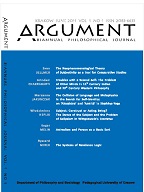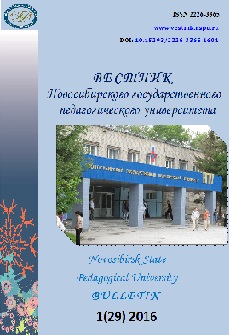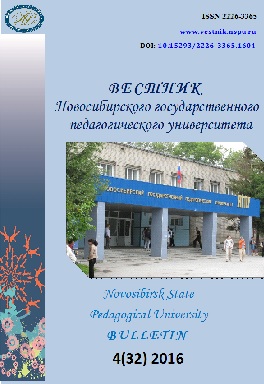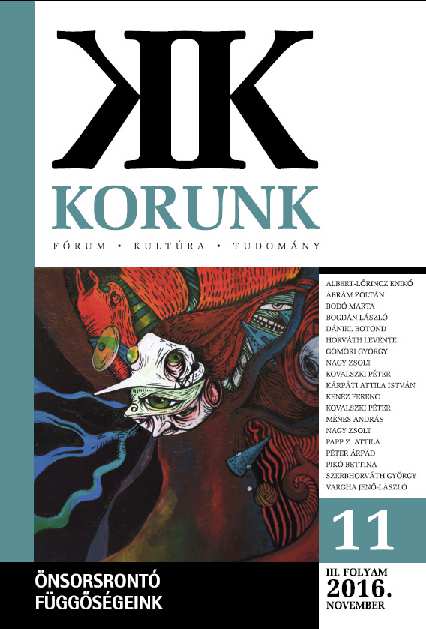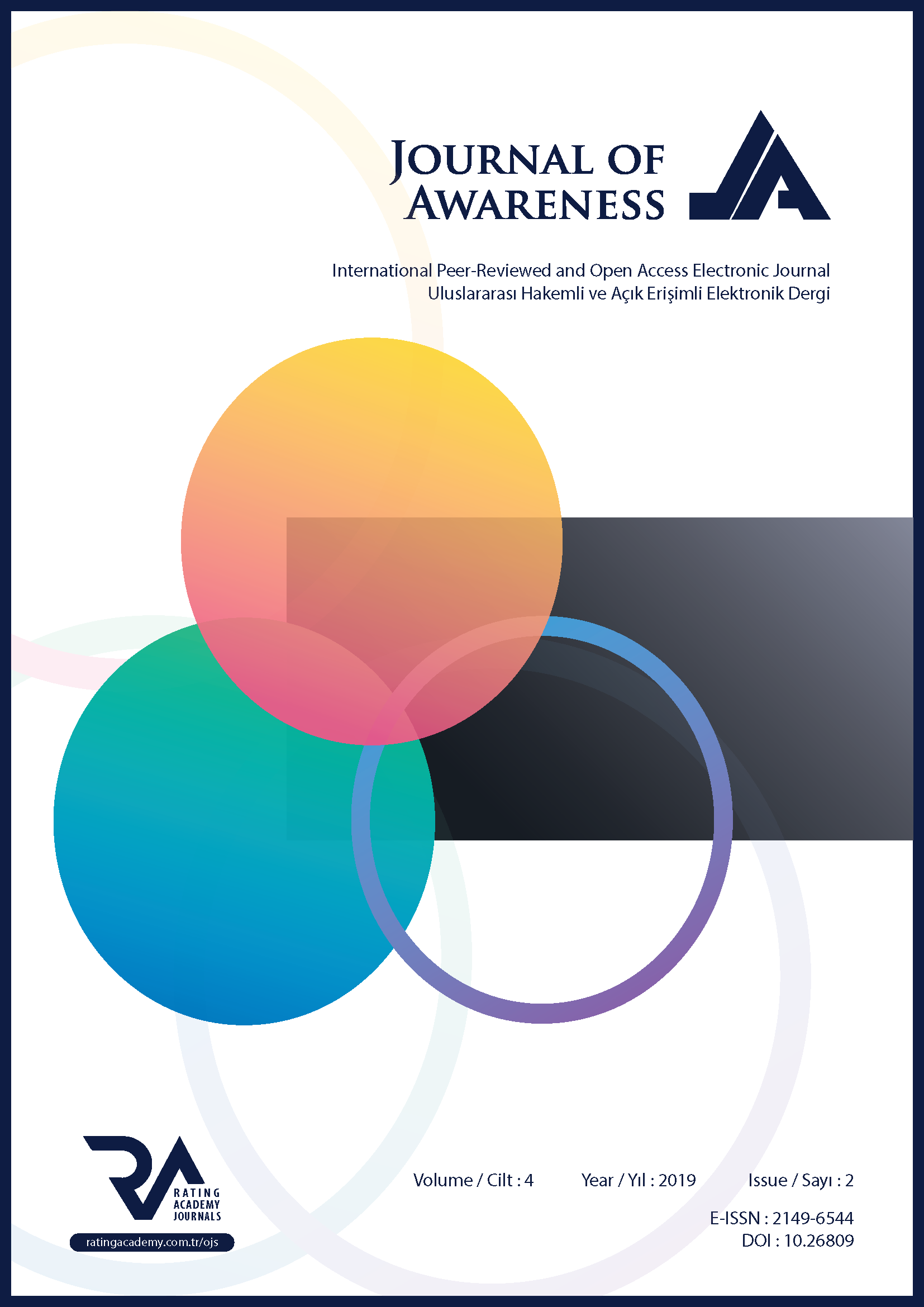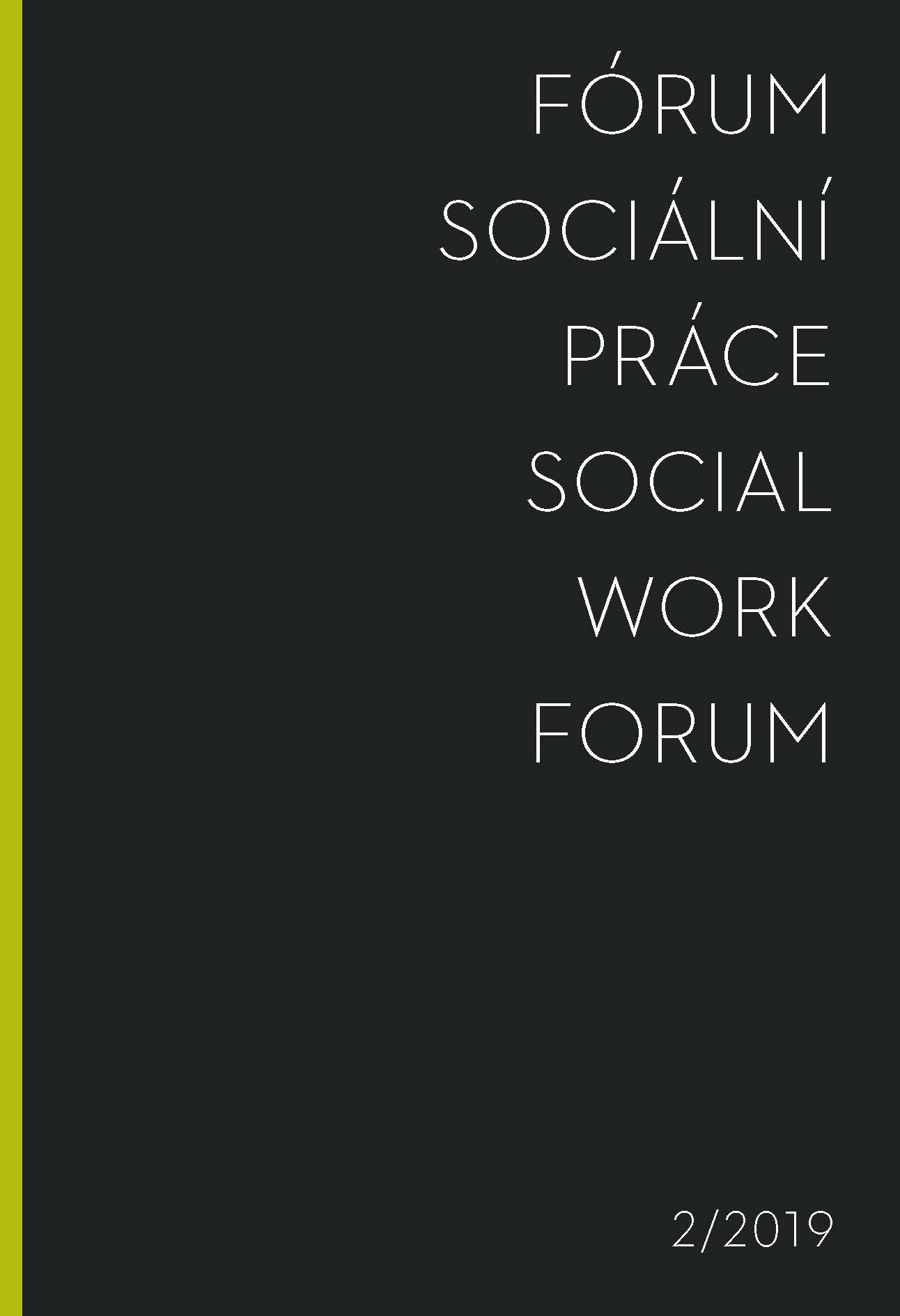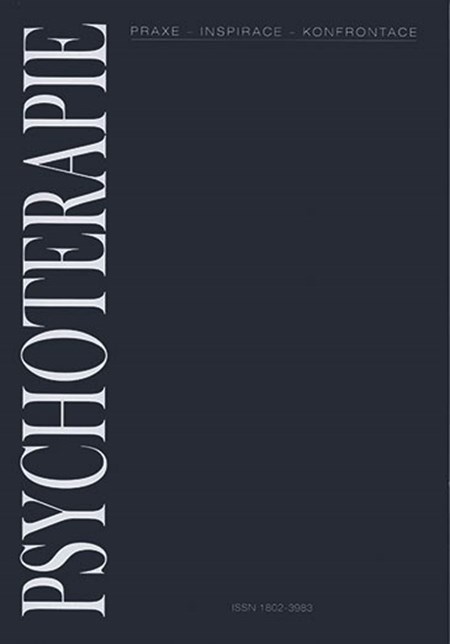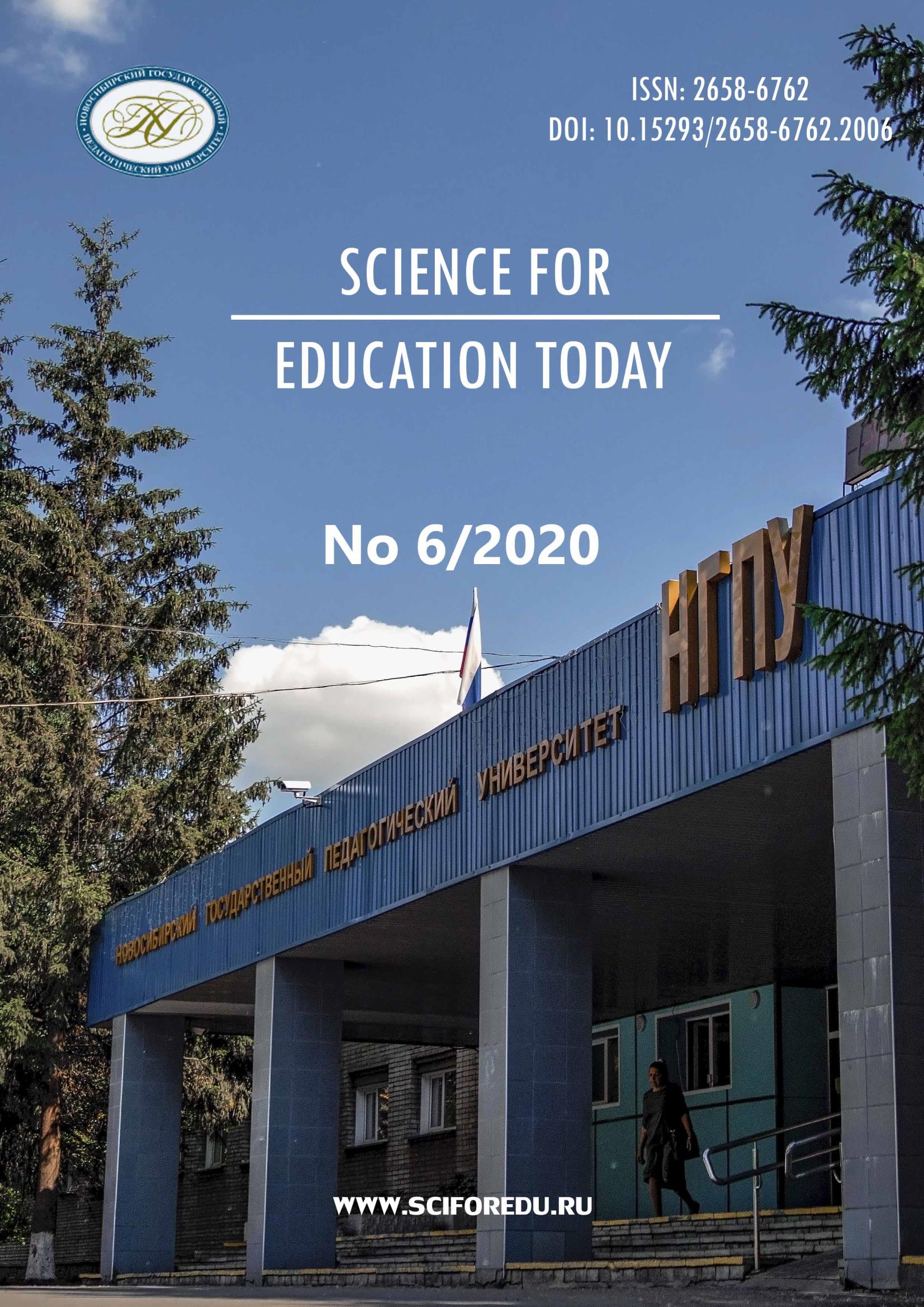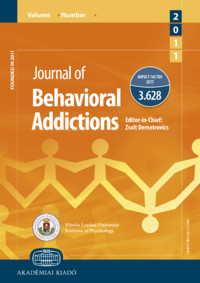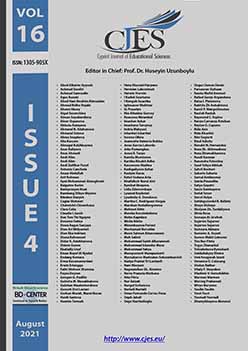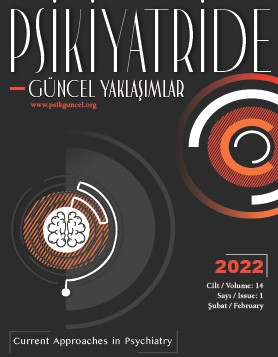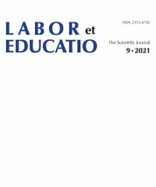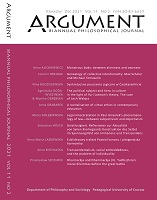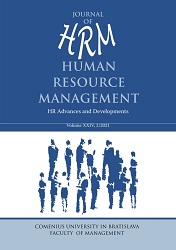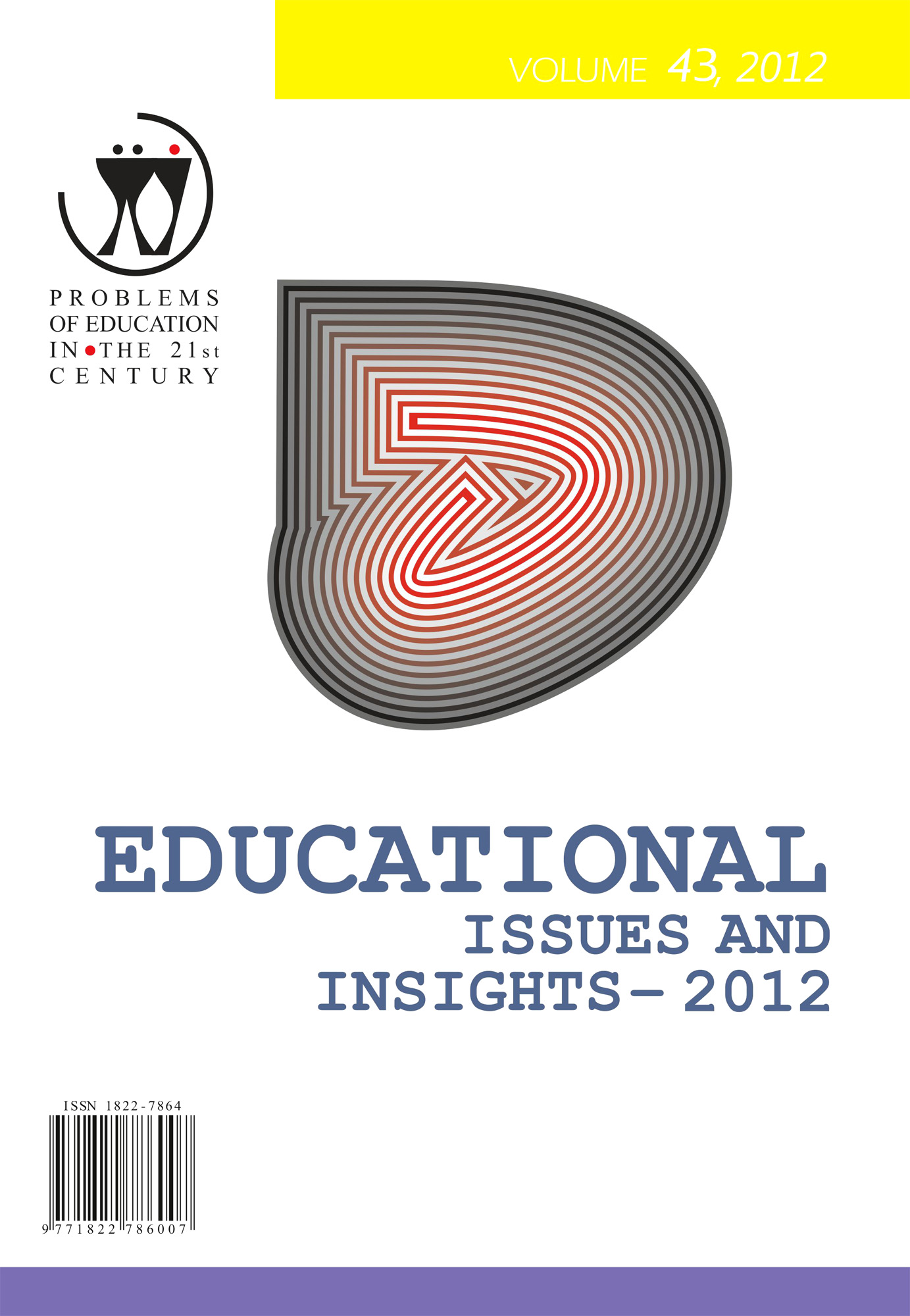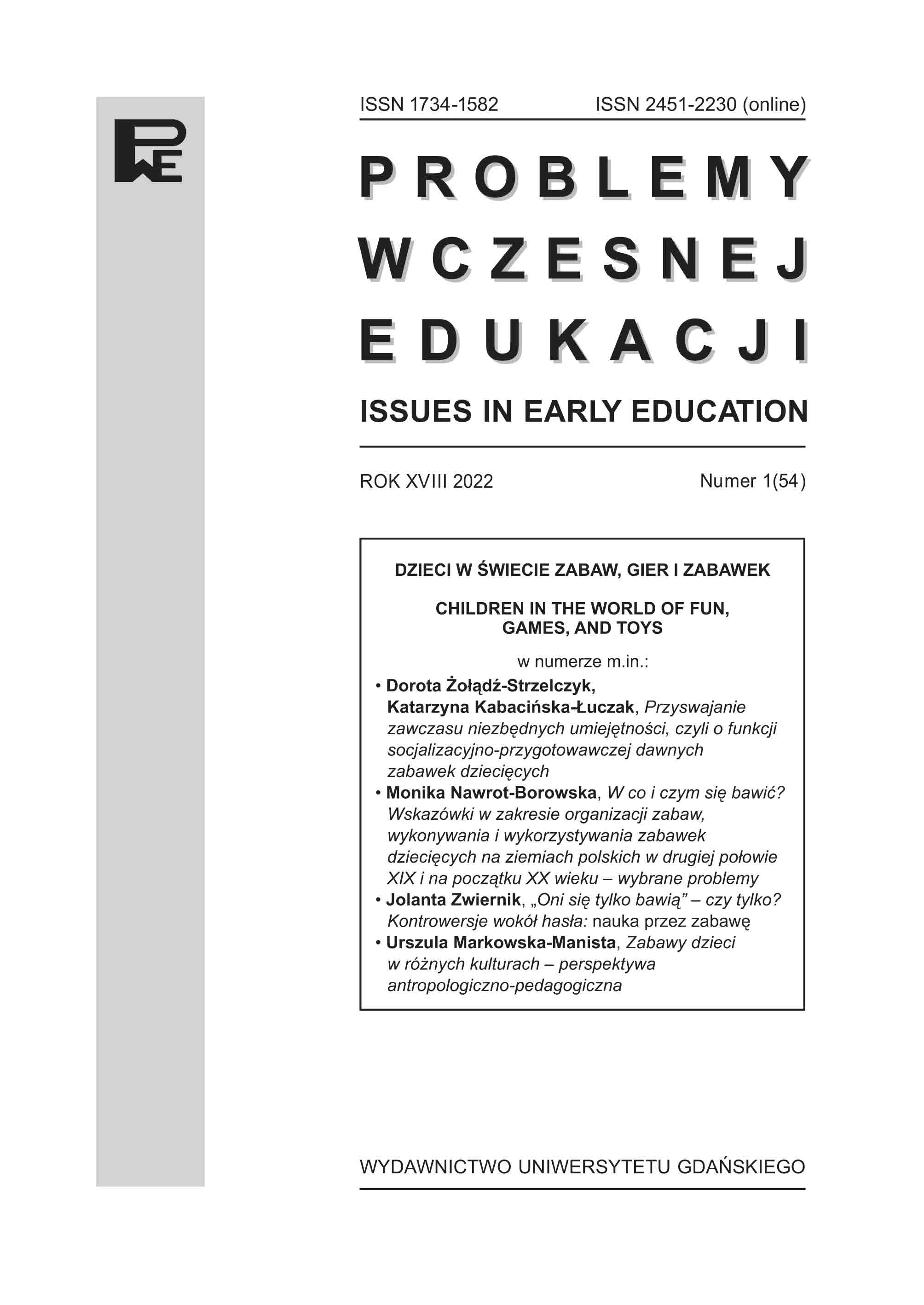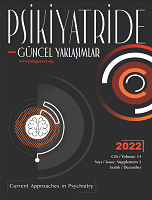Emotional regulation in eating disorders and gambling disorder: A transdiagnostic approach
Author(s): Lucero Munguía,Susana Jiménez-Murcia,Roser Granero,Isabel Baenas,Zaida Agüera,Isabel Sánchez,Ester Codina,Amparo del Pino-Gutiérrez,Giulia Testa,Janet Treasure,Fernando Fernández-Aranda / Language(s): English
/ Issue: 3/2021
Keywords: eating disorders; gambling disorders; emotion regulation; transdiagnostic
Background and aims. Difficulties in Emotion Regulation (ER) are related to the etiology and maintenance of several psychological disorders, including Eating Disorders (ED) and Gambling Disorder (GD). This study explored the existence of latent empirical groups between both disorders, based on ER difficulties and considering a set of indicators of personality traits, the severity of the disorder, and psychopathological distress. Methods. The sample included 1,288 female and male participants, diagnosed with ED (n = 906) and GD (n = 382). Two-step clustering was used for the empirical classification, while analysis of variance and chi-square tests were used for the comparison between the latent groups. Results. Three empirical groups were identified, from the most disturbed ER profile (Subgroup 1) to the most functional (Subgroup 3). The ER state showed a linear relationship with the severity of each disorder and the psychopathological state. Different personality traits were found to be related to the level of emotion dysregulation. Discussion and conclusion. In this study, three distinct empirical groups based on ER were identified across ED and GD, suggesting that ER is a transdiagnostic construct. These findings may lead to the development of common treatment strategies and more tailored approaches.
More...
